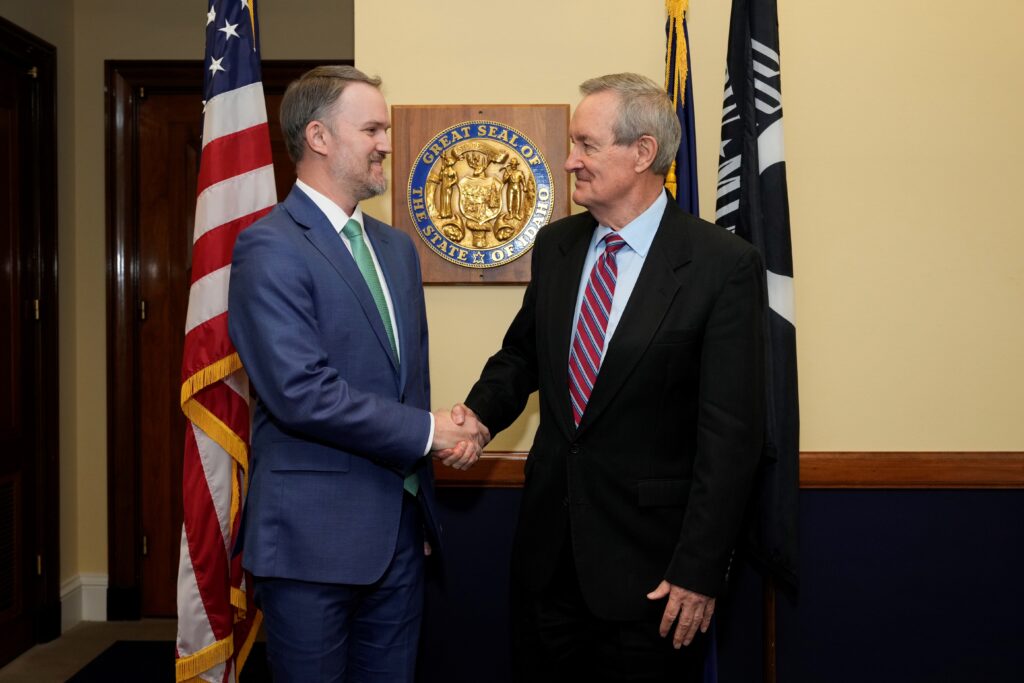What is the relationship between fentanyl and the tariffs that U.S. President Donald Trump plans to impose?
A tidbit of information to start this issue. The Drug Enforcement Administration (DEA) has ranked fentanyl as the most lethal drug in the United States.
Taking that as a basis, Trump intends to tackle this problem at the source: supply.
Fentanyl and tariffs
Trump has delayed for a month the establishment of a general tariff of 25% on all U.S. imports originating in Mexico and Canada if, among other conditions, both countries do not help reduce the entry of this drug through U.S. borders. The threat of such tariff was reduced to 10% in the case of Canadian energy products.
As part of her agreement with Trump to delay the entry into force of the new tariffs, Mexican President Claudia Sheinbaum sent 10,000 additional members of the National Guard to the northern border to “prevent drug trafficking from Mexico to the United States, particularly fentanyl.”
Reciprocally, Sheinbaum asked Trump to collaborate with Mexico to restrict Mexican arms imports from the United States by criminal groups.
Jamieson Greer
DEA seized more than 77 million counterfeit fentanyl-laced pills in 2023, surpassing 50.6 million in 2021.
The CDC estimates that synthetic opioids, such as fentanyl, caused more than 61,800 overdose deaths in the United States between August 2023 and July 2024. The recent reduction in these cases raises questions about the impact of counternarcotics policies on traffickers’ tactics.
Also, the recent decline in overdose deaths has raised questions about whether supply-side counternarcotics policies have played a role in altering drug traffickers’ behavior.
Jamieson Greer, President Donald Trump’s nominee to represent U.S. trade, endorsed tariffs against Mexico and Canada during his confirmation hearing.
While high tariffs could raise prices, Greer stressed that lives are at risk. He noted the difficulty of balancing the economic cost with the impact of fentanyl.
“These are things where it’s hard to do that,” Greer said. “How do we balance the cost of lives lost to fentanyl with other potential costs?” he asked.
“We don’t want a single death,” he said. He further warned that one kilogram of fentanyl could kill an estimated 50,000 people, and stressed that this cannot be allowed.
Mutual Accusations
On February 1, the White House asserted that Mexican drug trafficking organizations maintain “an intolerable alliance” with the Mexican government.
“The government of Mexico has provided safe havens for cartels to engage in the manufacture and transport of dangerous narcotics, which together have led to the overdose deaths of hundreds of thousands of American victims,” the White House accused.
Sheinbaum countered in part: “If the U.S. government and its agencies wanted to address the serious consumption of fentanyl in their country, they can, for example, combat the sale of narcotics on the streets of their major cities, which they do not do.

